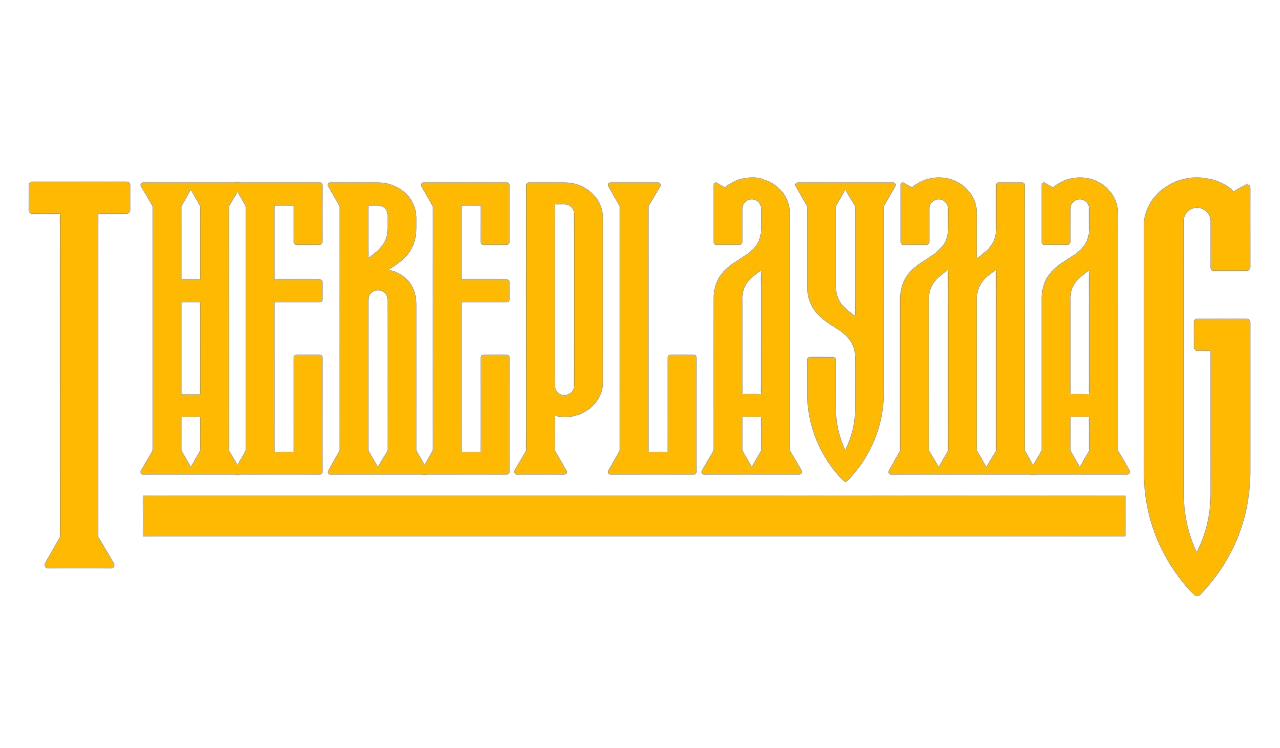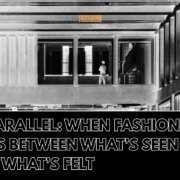Music – the artistic reinvention of sound.
Whilst the origin of music is technically attributed to the Ancient Greeks (μουσική τέχνη or ‘the art of the muses’), I like to imagine the first humans gathered around a fire pit with leftover firewood, banging the sticks together to create noise and grunting along with the beat. And indeed, there has been artifacts uncovered from the Paleolithic period which proved the existence of music. While it may be a little farfetched to imagine cavemen performing perfect renditions of ‘Bohemian Rapsody’, we do know that humans have always communicated through sound even before we found our voices. And who are we to decide what is sound and what is music?
This boundary is something that is stretched more and more as genres are reinvented and modern media influences a change in music. At first, music was created from bone flutes and pipes and now we have forms of music where the voice itself creates the instrument, like in acapella groups and beatboxing. Not to mention that anyone can record themselves performing to post online. The accessibility to share and listen has never been so limitless.
But with all these changes, it’s important to consider the musical art of the past and how that has influenced new sound. In this rise of poetic songwriters sharing their raw material on different social media platforms with nothing but a bedroom, an instrument and a voice, we hear the echoes of lyrically rich artists like The Beatles and Leonard Cohen. Not to mention contemporary popstars like Harry Styesbeing described as theDavid Bowie or Freddie Mercury of today’s generation (up for debate of course, but I digress). You can see that within the emergence of new music and artists, there seems to be a desire to compare today’s musicians to the old; to keep their names in relevancy in fear the world will forget.
This then begs the question of what makes a piece of music timeless? What about certain legendary artists allows them to carry over their sound and legacy to the future, whilst others fade into history? Perhaps this is in connection to the human brain itself, and what within music reaches so far inside our often-impenetrable minds. There must be some communal connection for consistent popularity to exist – so what is it?
I think the answer to this question calls back to the communication of sound. When an artist develops the ability to capture the human experience and emotions within music, this is perhaps the ultimate turning point. Anyone can simply make sound, but only some possess the true ability to take the unexplainable intricacies of feeling and translate them into melodies to touch both ears and hearts.
This is music.
To give tangibility to love, loss, heartbreak, happiness, even death. When I listen to ‘God Only Knows’ by The Beach Boys, I can feel the essence of true love translated to sound. Or in Billie Holiday’s ‘Gloomy Sunday’, the grief is expressed as loud as if it was coming from my own sobbing. In those minutes listening to a song, the human connection is palpable, not only between artist and listener, but to everyone who has ever listened or will listen to it. Just as the cavemen used sound to create a language to communicate, we use music as a new language. This is a connection that spans across history.
Or so we hope.
On the other hand, popularity is a fickle thing. Despite the moving nature of music, we watch unknowingly as older music begins to dwindle and fade. Afterall, who remembers the popstars of the Renaissance? Or the composers of the Paleolithic?
It can be said that we simply cannot know what music will stand the test of time. How do you measure eternity against the enjoyment of some noises?
Could time be running out bit by bit, a grain of sand every eon, a forgotten song each hour, for the music of the past?
Well, if it is, at least a ticking clock can still be a melody.
Written by Luce Jones
Illustration by Shona Grace
What's Your Reaction?
Want to get featured. Send your work to submit@thereplaymag.com








